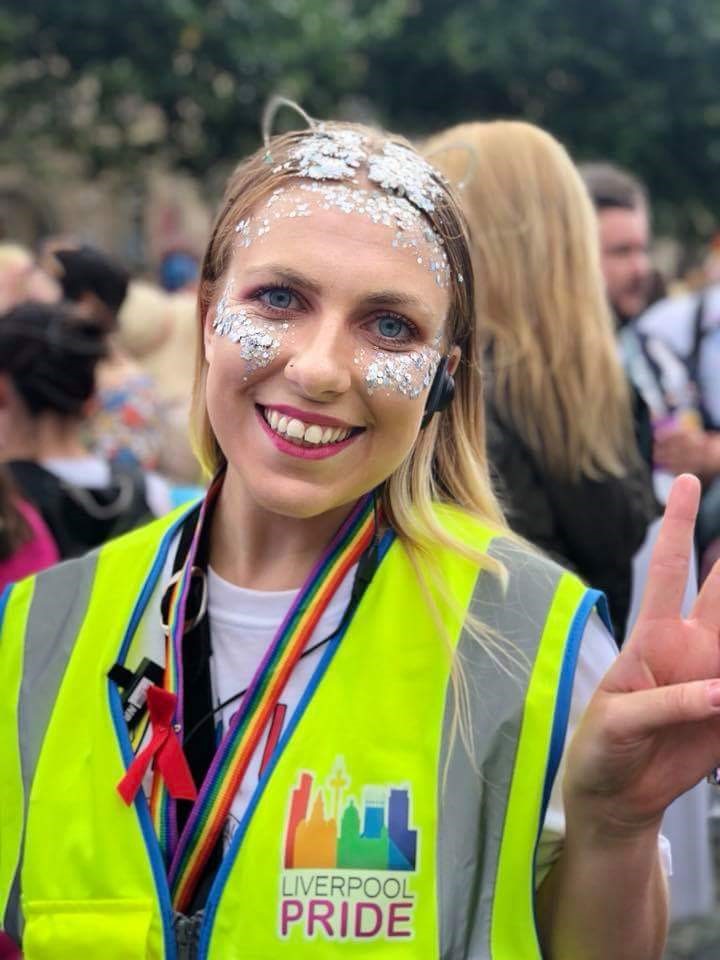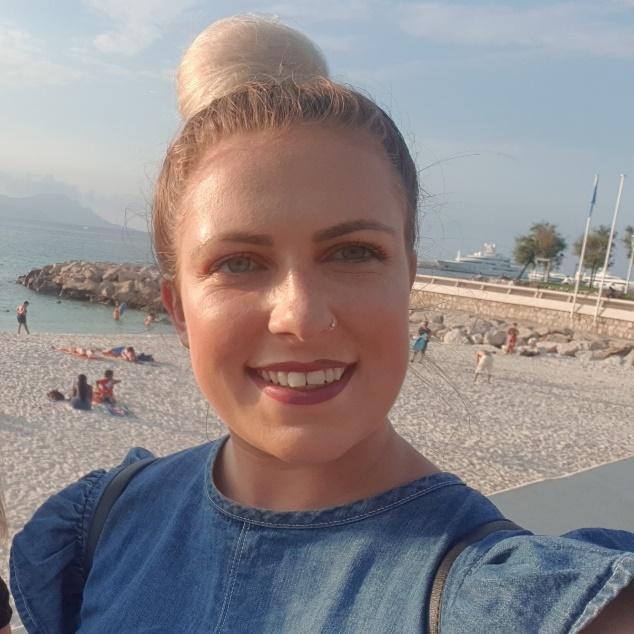Leah Cunnah: It is no longer enough to just say you are an ally. We need to challenge discriminative language and behaviour to speak up for LGBT+ people
This month we hear from Civil Servants about allyship and how to be a good ally.

Leah Cunnah is a Vice-Chair of the Civil Service LGBT+ Network and a Policy Officer in the Education & Skills Funding Agency within the Department for Education
The term ‘ally’ describes people who support and act to advance LGBT+ equality. Cisgender and straight people cannot understand how LGBT+ people have felt and experienced discrimination. However, we can recognise that and then educate ourselves, challenge others, raise awareness, volunteer time, listen to the community, be visible, and use our voices to help make a change.
I became passionate about tackling inequality following studying LGBT+ history and legislation in university. I decided to use my Master’s dissertation to voice trans people’s stories as they have been silenced through history. I wanted to do more than just write about social change, so I volunteered with a LGBT+ youth group to support young people facing discrimination at home and school. This led to me delivering sessions in schools to tackle LGBT+ stereotypes and bullying, then being the volunteer coordinator for Liverpool Pride where I was able help others celebrate and raise awareness. Now as a Vice-Chair of the Civil Service LGBT+ Network I want to help make a difference in my own workplace.
We live in times where it is no longer enough to just say you are an ally. We need to challenge discriminative language and behaviour to speak up for LGBT+ people.
We are socialised into ‘acceptable’ forms of sexuality and gender from birth. This continues in childhood and adulthood as we live in a binary society. Heteronormative language and behaviours are learnt, but as they are omnipresent (widespread/universal) they appear ‘natural’. Heteronormative discourse is re/produced everywhere in society from girls wearing pink and boys wearing blue to having gendered marriage roles, jobs and toilets. Michel Foucault (1990, P5) wrote, “We will not be able to free ourselves from it except at a considerable cost: nothing less than a transgression of laws, a lifting of prohibitions, an interruption of speech, a reinstating of pleasure within reality, and a whole new economy in the mechanisms of power will be required”.
I was always brought up by my parents to be accepting of others. Never did they predict that it would it result in me educating them to be even more progressive and challenging their language.
I have grown up in the generation where it has become acceptable to use the phrase, “That’s gay.” I cannot say I am innocent of this, as I remember using it in a bowling alley when I was a little girl. I was naive to its offense, but my Dad explained to me why I should not use it. That was a key moment in my life when I understood the impact of my words. Again, as a little girl I remember being with my Mum at an event with family friends, where the friend she was speaking to was upset. I hugged him and he got more upset. As a gay man, he had faced continuous stigma and unfair treatment, so my kindness was surreal to him. My point is, if a young child can learn from a mistake and be kind to someone regardless of their sexuality or gender, why can’t adults?
I still hear people use, “That’s gay” - even people who support LGBT+ rights. Homophobia is so deep routed and normalised that people do not realise the negative annotations this attaches to people who are gay. We must remember that language is powerful, and our words have an impact. People would find it less comfortable if a word were used that attacked their identity. There are so many descriptive words people can use instead, so it is important to keep challenging language and educating others.
I have often spoke with people about LGBT+ issues where they have used harmful or outdated language, not to be cruel or discriminative, but because they did not know them words were inappropriate or had changed. We are all human and all make mistakes, but we can recognise it and educate ourselves. Language is changing and evolving, so we are all bound to slip up. Even the word ‘queer’ which was once negative slur, has now been reclaimed by the LGBT+ community to celebrate diversity and difference. Therefore, it is vital that we educate each other to help society be a better place.
Introducing our new resources for allies. Want to be a good ally to your LGBT+ colleagues? We’ve produced and collated a range of resources to help you.
